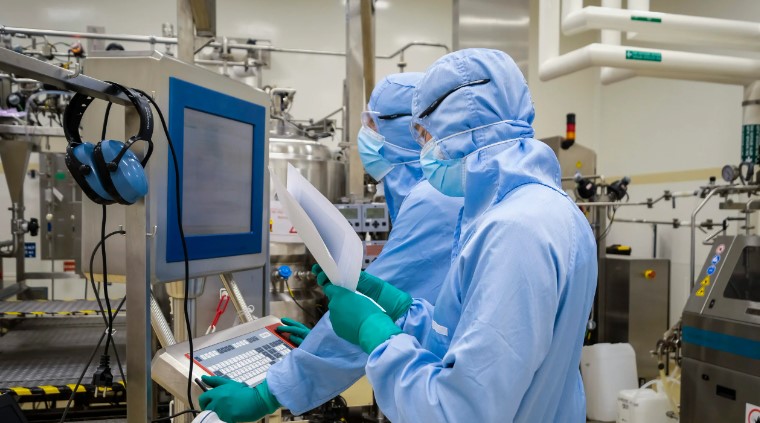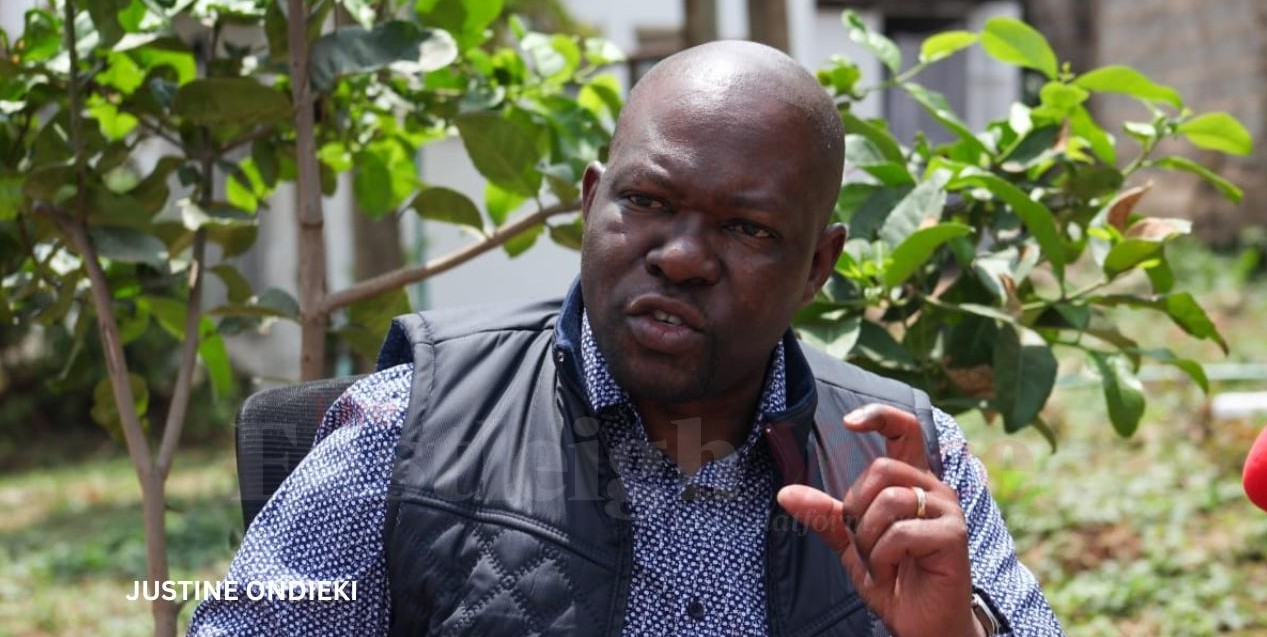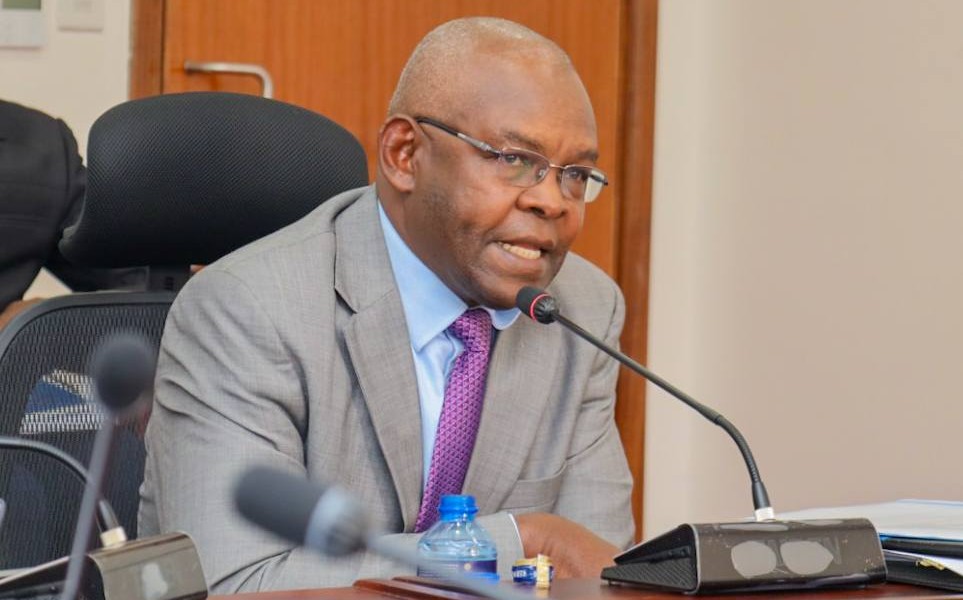Vaccines could reduce antibotic use by 2.5 billion doses daily - WHO

The figure represents a 22 per cent decrease and supports ongoing efforts to combat antimicrobial resistance (AMR).
A new report from the World Health Organisation (WHO) highlights that better utilisation of vaccines could lead to a significant reduction in antibiotic use by 2.5 billion defined daily doses globally each year.
This figure represents a 22 per cent decrease and supports ongoing efforts to combat antimicrobial resistance (AMR).
More To Read
- WHO warns of rising antimicrobial resistance in fungal infections
- Ministry warns Kenyans on escalating antibiotic resistance
- Kamukunji rallies against vaccine myths as leaders take immunisation door-to-door
- African nations pledge to boost local manufacturing of medical products
- WHO sounds alarm: Antibiotic resistance rising fast, puts millions at risk worldwide
- WHO raises alarm as antibiotic resistance threatens global health gains
The report emphasises that while some vaccines are currently available, they are underused. Others still need to be developed and introduced to the market promptly.
AMR arises when bacteria, viruses, fungi, and parasites no longer respond to antimicrobial treatments, leading to increased illness, mortality, and the spread of hard-to-treat infections.
The misuse and overuse of antimicrobials drive this issue, even as many people worldwide lack access to essential treatments.
Deaths
Globally, nearly five million deaths each year are linked to AMR.
In Kenya alone, 8,500 deaths were attributed to AMR in 2019, highlighting the severity of the situation.
The country has the 28th highest age-standardised mortality rate associated with AMR out of 204 countries, according to the Institute for Health Metrics and Evaluation.
Vaccines play a crucial role in addressing AMR by preventing infections, reducing reliance on antimicrobials, and slowing the emergence of drug-resistant pathogens.
This report builds on a WHO study published last year in BMJ Global Health.
It estimates that existing vaccines against diseases like pneumococcal pneumonia, Haemophilus influenzae type B (Hib), and typhoid could prevent up to 106,000 AMR-related deaths annually.
Developing new vaccines for tuberculosis and Klebsiella pneumoniae could avert an additional 543,000 deaths each year.
Currently, new tuberculosis vaccines are in clinical trials, while the development of a vaccine against Klebsiella pneumoniae is in its early stages.
"Addressing antimicrobial resistance starts with preventing infections, and vaccines are among the most powerful tools for doing that. Prevention is better than cure, and increasing access to existing vaccines and developing new ones for critical diseases, like tuberculosis, is critical to saving lives and turning the tide on AMR," Dr Tedros Adhanom Ghebreyesus, WHO Director-General, said.
Top Stories Today

















































